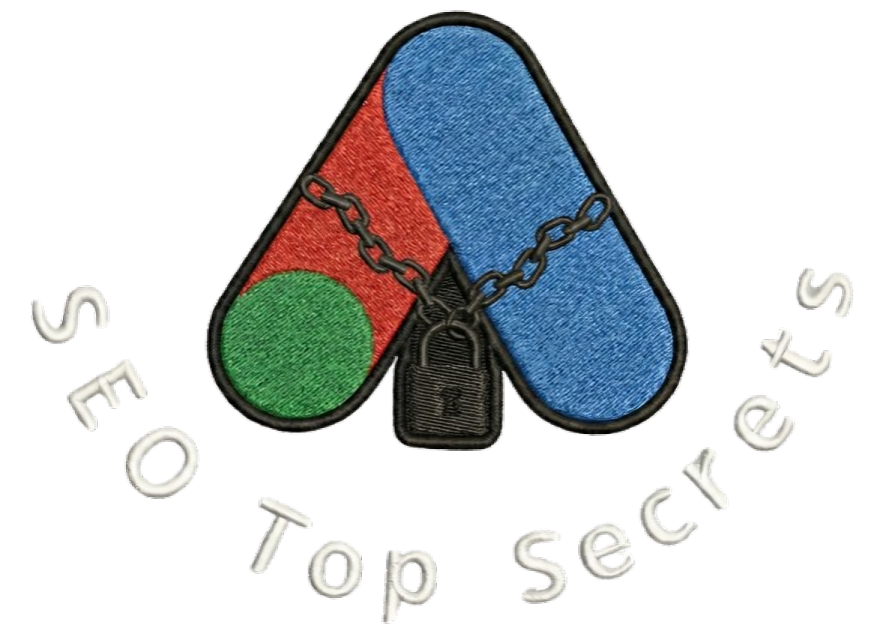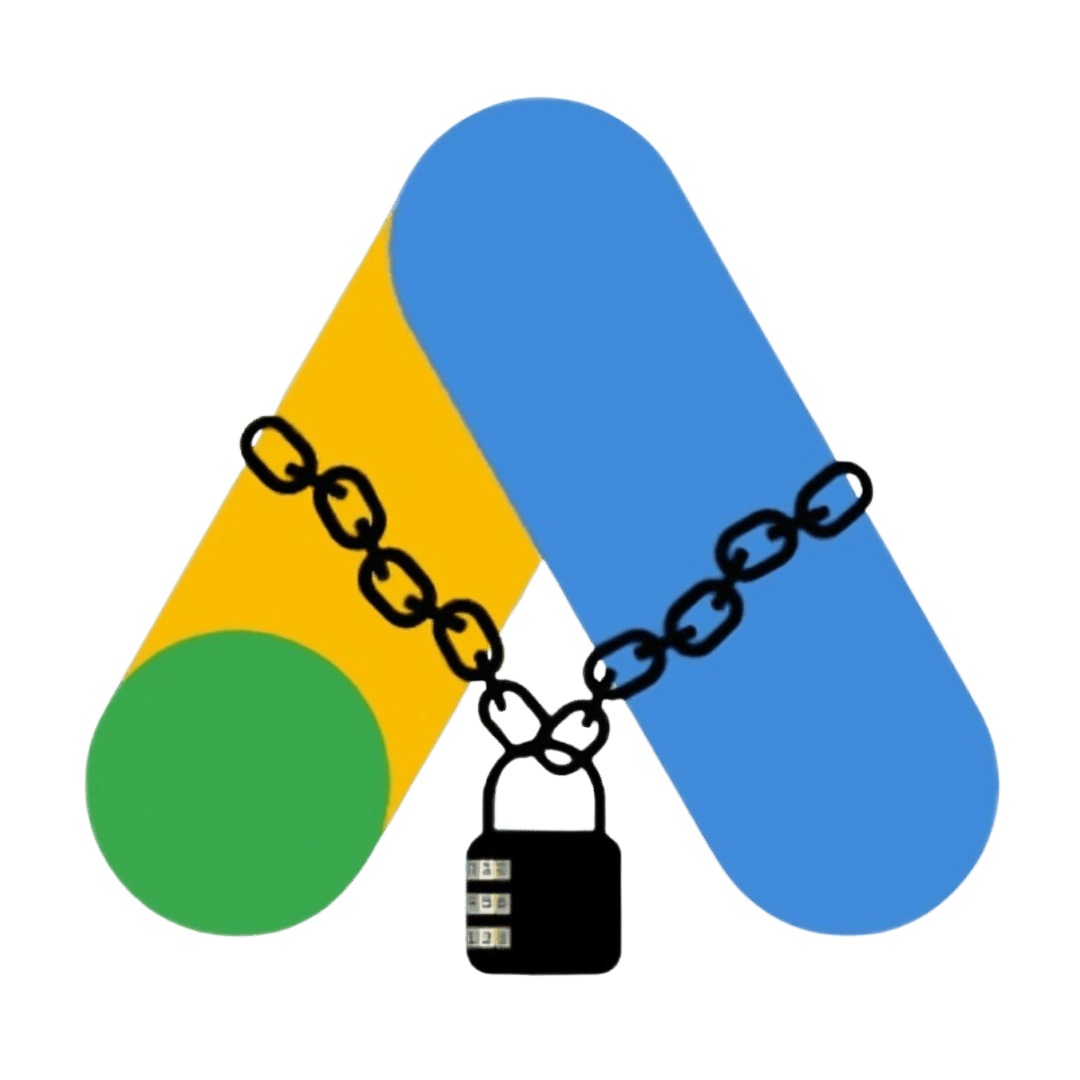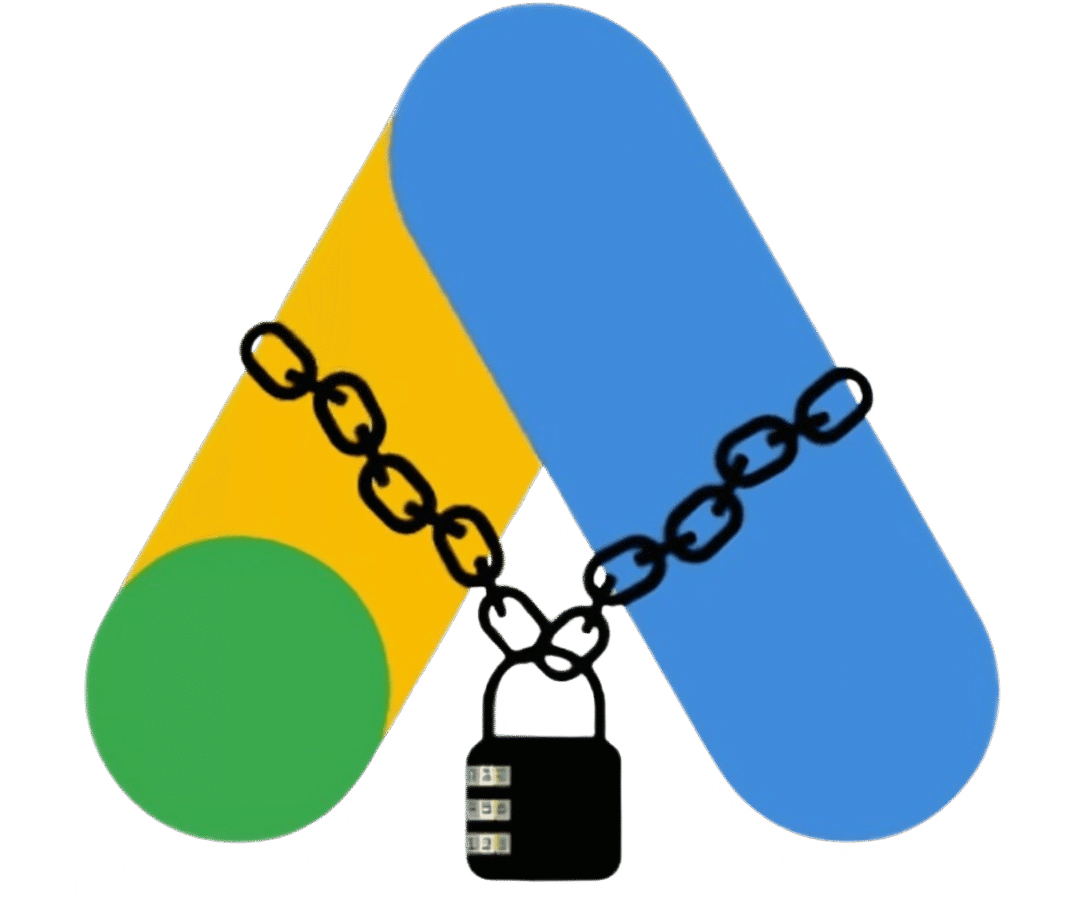How to Rank Your Pictures in Google Image Search
When most people think about SEO (Search Engine Optimization), they focus on blog content, backlinks, or technical improvements. But there’s one powerful area often overlooked—Image SEO.
Optimizing your images is not just about making them look good; it’s about ensuring they help your website rank higher on Google, bring organic traffic, and improve overall search engine visibility. With billions of searches happening every month on Google Images, businesses that neglect image search optimization are leaving huge opportunities on the table.
In this guide, you’ll learn how to rank your pictures in Google Image Search step by step, while improving your website’s overall SEO performance.
Why Image SEO Matters in 2025
According to Statista, visual content is more engaging than text-only content. Google has also integrated images into its main search results, meaning your optimized pictures can help you:
-
Drive organic traffic from Google Images.
-
Improve user experience and engagement.
-
Support your local SEO strategy.
-
Enhance search engine optimization Google visibility for your brand.
For businesses investing in professional SEO services, ignoring image optimization could mean missing out on rankings, clicks, and conversions.
📌 If you’re just starting out, check our guide: SEO Basics for Beginners.
Key Elements of Image SEO
To optimize SEO for your images, you need to follow both technical and on-page SEO strategies. Let’s break it down:
1. Use Descriptive File Names
Instead of uploading IMG1234.jpg, name your file something like seo-services-guide.jpg. Google uses file names as a ranking factor for Google SEO.
2. Add Alt Text for Accessibility and Ranking
Alt text helps Google search engine optimization understand your image. It should describe the picture clearly and include keywords naturally.
Example:
Instead of writing “image”, use “SEO expert providing consultation services for small businesses”.
3. Compress Images for Speed
Page speed is a ranking factor. Use tools like PageSpeed Insights or GTmetrix to ensure your images don’t slow down your website.
4. Choose the Right Format
-
JPEG → Best for photos.
-
PNG → Best for logos and graphics.
-
WebP → Modern format with better compression (recommended by Google).
5. Use Structured Data
Adding Schema.org markup can help Google display your images as rich results, boosting SEO visibility.
📌 Learn more about Image Link Optimization for SEO.
Advanced Strategies to Rank Your Pictures on Google
If you want to go beyond the basics, here are advanced SEO strategies:
1. Optimize Surrounding Content
Google looks at the text around images to understand their context. Add keywords like “local SEO services,” “professional SEO,” and “search engine optimization services” naturally in captions and surrounding paragraphs.
2. Create Image Sitemaps
Use an image sitemap so Google can easily index all your visuals. This is especially useful for eCommerce SEO and local business SEO services.
3. Leverage Google My Business & Local SEO
If your business relies on local SEO, optimize your Google My Business profile with images. Optimized photos improve local search engine optimization and can appear in Google Maps results.
📌 Check this resource: Google My Business Optimization.
4. Use CDN and Lazy Loading
A content delivery network (CDN) speeds up image loading, while lazy loading ensures images load only when needed. This improves user experience and Google SEO ranking.
5. Track Image SEO Performance
Use Google Search Console to check how your images are performing in search results. Look at clicks, impressions, and rankings.
Image SEO and Google Ads: Working Together
Many businesses invest in Google Ads and SEO together. Here’s how images help:
-
High-quality images improve ad performance.
-
Optimized product photos boost eCommerce conversions.
-
Strong visuals improve SEO and digital marketing strategies.
If you’re running Google Ads SEO campaigns, combining them with SEO image optimization will maximize ROI.
📌 Read more: Step-by-Step Guide to Keyword Research.
Internal Linking Boost for Image SEO
Google loves a well-structured website. Use internal links to connect your content. For example:
-
Learn more about How Search Engines Work.
-
Check our Beginner’s Guide to Link Building.
-
Explore How to Use Google Search Console.
These links not only improve on-site SEO but also help Google understand your site structure.
Tools to Help with Image SEO
Here are some trusted tools to help with SEO management and image optimization:
-
Google Analytics → Track traffic from image search.
-
Google Trends → Identify trending keywords.
-
Web.dev → Test your site performance.
-
Search Engine Journal → Stay updated with SEO news.
Common Mistakes in Image SEO (and How to Avoid Them)
-
Uploading images without alt text.
-
Using stock images instead of unique visuals.
-
Ignoring mobile optimization.
-
Not adding captions for context.
-
Forgetting to compress files.
Conclusion: Image SEO is a Must for Your Business
Ranking in Google Image Search isn’t optional anymore. With the right SEO solutions—from file naming to structured data—you can increase organic visibility, boost website SEO services, and strengthen your search engine optimization strategy.
If you need expert help, consider our Professional SEO Services to optimize your website SEO and images for better performance.
FAQs About Image SEO
Q1: How long does it take for images to rank on Google?
It usually takes a few days to weeks, depending on crawl frequency, SEO optimization, and competition.
Q2: Do image file sizes affect SEO?
Yes. Large files slow down your site and hurt rankings. Always compress your images before uploading.
Q3: Can I use stock photos for SEO?
You can, but unique images rank better because they’re not widely duplicated online.
Q4: Is Image SEO part of local SEO?
Yes. Optimized photos in Google My Business SEO services help improve local search engine visibility.
Q5: What’s the best tool for checking image performance?
Use Google Search Console to track impressions, clicks, and rankings of your images.





